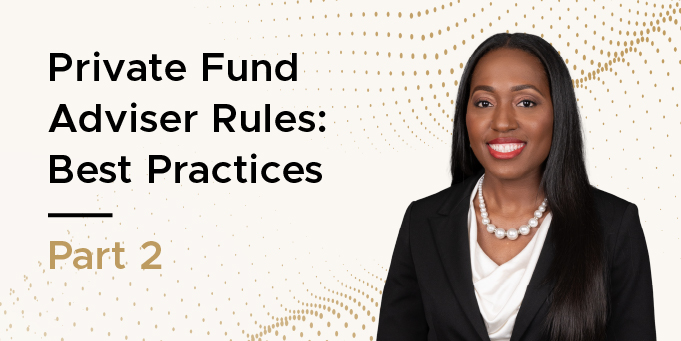
If Trouble Was Money
- Published
- Mar 26, 2018
- Topics
- Share
While listening to one of my favorite musicians, I was reminded of the many financial troubles that young adults often find themselves in, both during and right after college. Many have low paying jobs, are possibly living on their own paying astronomical rents, and credit-card happy. And while not everyone has student loans, raking in hefty balances on those credit cards while not saving a dime is the norm. Taking low interest rate loans out to pay down some of the credit cards is a means to a hopeful end, but imagine what happens next with additional credit capacity, vacations to book, and no money in the bank! Cue thunder roll: TOTAL FINANCIAL DISASTER!
How many of you have found yourself in this position or know someone going through financial troubles? Many people in the United States and abroad are hamstrung by serious and complex issues relating to their finances. Lack of financial education, medical and health issues, limited access to financial aid, and supporting a household on one salary all contribute to not paying bills on time -- and the list could go on forever!
This is where financial technology (#fintech) companies are stepping in to solve pervasive issues -- and making a pretty penny while doing it. Companies like Bloomberg and other financial information platforms have long provided sophisticated investors and portfolio managers with the knowledge to make fiscally responsible decisions. Ten years ago, there was virtually no solution for the casual investor; yet today even the smallest and most uninformed investors can participate in the market and learn by simply going to the app store and downloading investment products such as Stash or Betterment.
There are several innovative services available right now, aimed at helping solve the problem many find themselves in after graduating college. Two in particular are:
- SoFi (Social Finance, Inc.) is an online personal finance company, providing refinancing and other debt-related services. SoFi’s primary target audience includes recent graduates with debt, who are High Earning and Not Rich Yet (#HENRY). A number of my colleagues were perfect SoFi targets and took advantage of the offering, reducing their near-term student loan obligations. In turn, SoFi now has acquired a credit-worthy customer that is going to need additional loans later in life for buying a house, getting married and eventually paying their kids’ tuitions.
- Robinhood (Robinhood Financial, LLC) is solving similar issues. However, as opposed to focusing on debt, Robinhood is engaged on the balance sheet side of personal finances. Targeting young (dare I say “millennial”) and inexperienced investors with their commission-free platform, Robinhood offers a streamlined brokerage structure that makes trading stocks and ETFs quick and easy; and there is no required minimum balance to maintain. Currently only an app, Robinhood is working to launch a web-based platform which will hopefully be available this year.
While these are just two examples of FinTech innovation, there is an endless list of startups attempting to bring forward alternative solutions to the world’s economic troubles. According to PitchBook, venture capital funding in fintech companies was approximately $24 billion for the year-ended December 31, 2017. For the years-ended December 2016, 2015, and 2014, the fintech sector obtained funding of $17, $24, and $21 billion, respectively, from venture capital firms. Even with the dollar value of total funding decreasing for the year 2016, total deals have increased every year since 2009. The financial world is changing, both personally and institutionally. In some instances they are even using the same technologies! If the last few years are any indication, it will be fascinating to see what is in store for venture capital, private equity, and the fintech world in 2018 and beyond.
So back to the troubles facing young adults. Who knows how quickly we could rid of these financial perils by using some of the aforementioned tools -- or better yet, prevent them altogether. I hope this helps anyone in need of turning their money troubles around. But even if you are lucky enough to be financially stable, sometimes you have to sit back and just listen to the blues.
EisnerAmper does not endorse any app, product or service or warrant that these apps are appropriate for any particular business.
What's on Your Mind?
Start a conversation with Thomas
Receive the latest business insights, analysis, and perspectives from EisnerAmper professionals.











